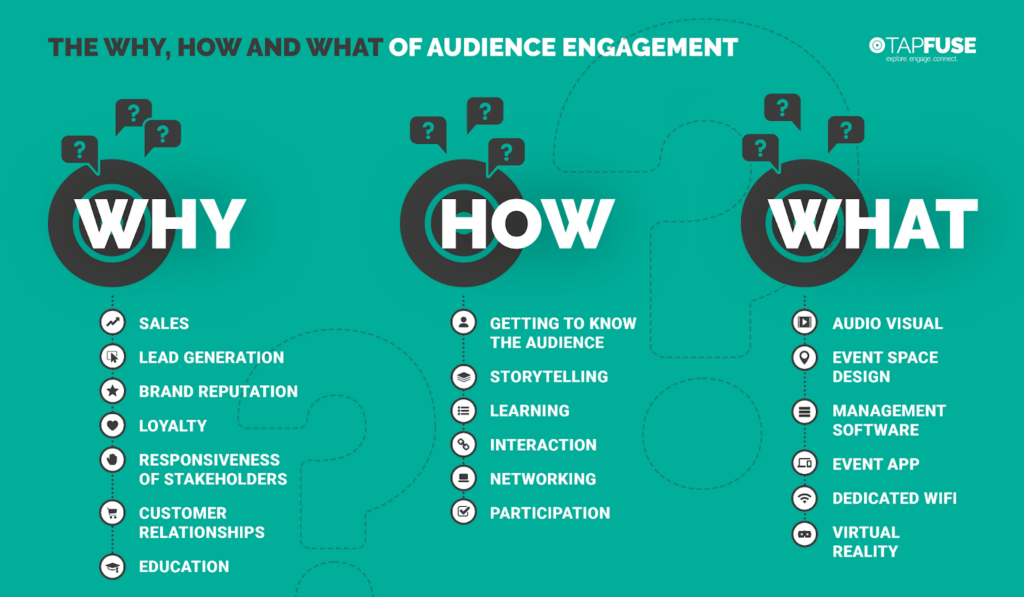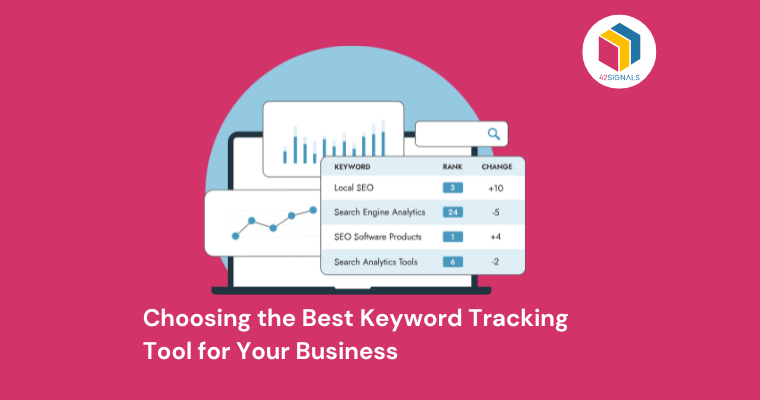Brand management today has taken on a new meaning. With the rise of social media, online reviews, and other digital platforms, building and maintaining a strong online presence is crucial for any business looking to succeed.
What is Brand Management?
At its core, brand management involves creating a unique and consistent image for your company that sets you apart from competitors and resonates with customers. This includes everything from your logo and website design to the tone and voice used in your marketing materials.

Image Source: Filestage
Online Perception
In the past, brand management may have been focused primarily on traditional advertising methods such as print ads or television commercials. But now, businesses must also consider how their brand is perceived online. This means actively managing your online reputation through strategies like search engine optimization (SEO), social media engagement, and responding to customer reviews.
Consistency Across Channels
One important aspect of building a strong online presence is consistency. Your brand should be easily recognizable across all digital channels. This means using the same color scheme, fonts, and messaging on your website, social media accounts, and any other online platforms where your business is represented. Consistency helps build trust and familiarity with your audience, making it more likely that they will choose your products or services over those of a competitor.
Audience Engagement

Image Source: Medium
Engaging with your audience is another key component of successful brand management in the digital age. Social media provides an excellent opportunity for businesses to connect with customers and potential customers in real time. By regularly posting updates, answering questions, and responding to feedback, you can demonstrate that your company values its customers and is committed to providing them with the best possible experience.
Monitoring & Responding to Online Reviews
Additionally, brand monitoring and responding to online reviews is essential for maintaining a positive brand image. According to one study, 91% of consumers read online reviews before purchasing. Responding promptly and professionally to both positive and negative reviews shows that your company cares about its customers and is willing to address any concerns they may have.
Good SEO

Image Source: Semrush
Finally, SEO plays a critical role in building a strong online presence. Optimizing your website and content for relevant keywords can help ensure that your business appears at the top of search results when potential customers are searching for products or services like yours. This not only increases visibility but also establishes credibility and authority in your industry.
Overall, effective brand management in the digital age requires a multi-faceted approach that encompasses consistency, engagement, review management, and SEO. By prioritizing these areas, businesses can create a strong online presence – coupled with the right digital shelf analytics platform – that attracts and retains customers while setting themselves apart from competitors.
Frequently Asked Questions (FAQs)
What is the difference between marketing and brand management?
Marketing is a broader concept that encompasses various activities aimed at promoting products or services. It involves understanding customer needs, creating awareness, pricing, distribution, and communication strategies. In essence, marketing focuses on driving sales and revenue by reaching the right audience.
Brand management, on the other hand, is a subset of marketing. It specifically deals with building, maintaining, and enhancing the brand’s image and reputation.
Here are the key differences:
Scope:
Marketing: Encompasses all activities related to product promotion, pricing, distribution, and communication.
Brand Management: Focuses exclusively on managing the brand’s identity, perception, and equity.
Objective:
Marketing: Aim to drive sales, acquire customers, and generate revenue.
Brand Management: Aims to create a strong emotional connection with customers, enhance brand loyalty, and build long-term value.
Time Horizon:
Marketing: Often short-term, with immediate goals.
Brand Management: Takes a long-term perspective, focusing on sustained brand health.
What are the three main concepts of brand management?
Brand Building:
Involves developing a brand’s image and reputation to create long-term benefits for brand awareness and value.
It includes crafting a unique brand identity that resonates with the target audience.
Brand Awareness:
Refers to the probability that consumers are familiar with the brand’s existence and availability.
Effective brand awareness ensures that potential customers recognize and recall the brand.
Brand Equity:
Represents the overall value of the brand in the eyes of consumers.
It combines tangible and intangible aspects, including reputation, trust, and emotional associations.
Strong brand equity leads to customer loyalty and competitive advantage.





